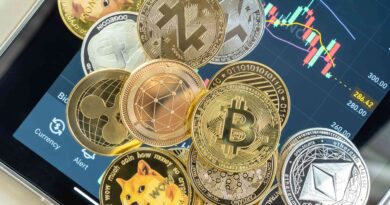Indian crypto traders deal on Binance, settle at home in INR
Binance, the world’s largest cryptocurrency exchange, is drawing traders in India to buy and sell cryptos on its platform while letting them cut deals in rupees – by either online fund transfers from domestic bank accounts, or using services like G-pay, or even physical delivery of cash.
Here’s a case where an overseas exchange is offering an ‘escrow service’ that virtually matches a local buyer and seller in an offshore marketplace though the payment is settled here in INR.
The transactions are learnt to have attracted the attention of regulators in India. Technically, Binance may not be breaking any law here as it is not running a rupee bank account but simply acting as a neutral third-party, providing an ‘escrow facility’ for transfer of cryptocurrencies which are anyway not recognised as legal tender.
However, chances are that the local traders, putting in ‘advertisements’ for buying or selling cryptos on the Binance site, which is replete with Indian log-in names, may be overstepping rules on exchange control and anti-money laundering.
Interestingly, along with UPI, IMPS and G-pay, the Binance peer-to-peer service also includes ‘cash deposit to bank’ and ‘cash in person’ as payment options for the buyer and seller to choose and close a trade.
A fortnight ago, the local cryptocurrency and digital assets industry shared a video with the Reserve Bank of India (RBI), demonstrating a token crypto trade on Binance and using one of the Indian digital wallets to complete the payment in rupees.
The local crypto industry – stifled by high taxes and absence of services by banks fearing backlash from RBI – is hoping that the video and their representation would draw the regulator and the government’s attention to trades that make a mockery of rules imposed by New Delhi and the central bank.
Someone can sell crypto from his wallet opened with Binance to another buyer in India who receives the crypto in his wallet with Binance, and then pay him off in rupees.
No one gets to know.
No tax is paid but trading goes on. Some of the trades are quite large,” a trader told ET.
By:ET




